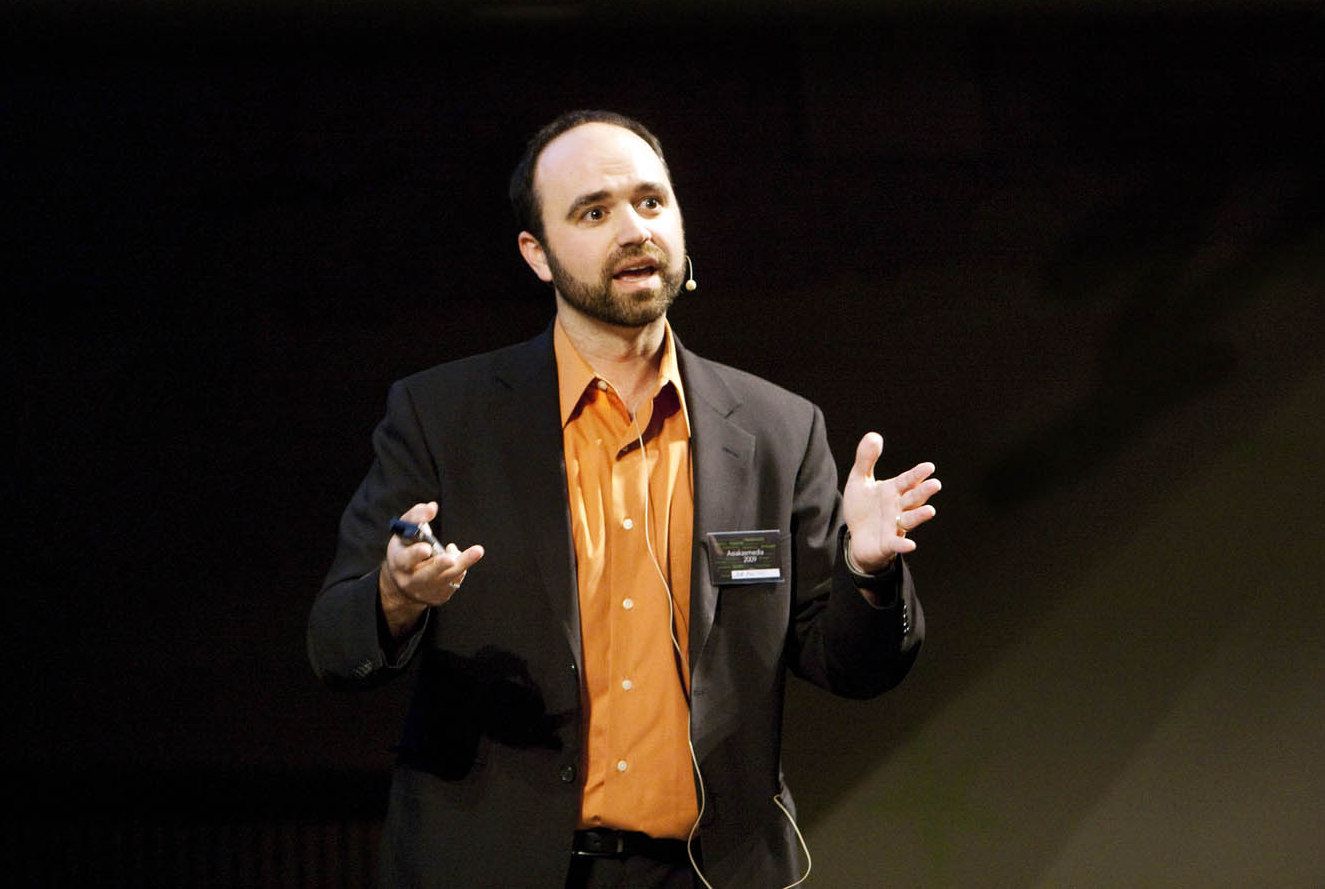Topics:
Marketing StrategySubscribe now and get the latest podcast releases delivered straight to your inbox.
 Offering a detailed explanation of how to create great content, Epic Content Marketing by Joe Pulizzi is arguably the best book on the subject available today.
Offering a detailed explanation of how to create great content, Epic Content Marketing by Joe Pulizzi is arguably the best book on the subject available today.
From SEO to email marketing, Pulizzi sets out to teach readers "how to tell a different story, break through the clutter, and win more customers by marketing less."
There are several areas in your inbound strategy where you can get away with less-than-amazing quality, but your content is not one of them.
Content marketing is an extremely competitive space and it’s not as easy as it once was to stand out from the crowd. With so much conflicting information online about content marketing, it can be frustrating to put together a strategy for your business that you feel confident in.
Fortunately, there is a formula that’s proven to work and that’s exactly what Pulizzi shares in his book.
This formula is broken down into six principles that describe epic content -- content that attracts more people, converts more customers, and grows your business quicker!
I’m going to share a summary of these six principles outlined by Pulizzi, along with insights to help you apply them to your own business. However, I recommend that you pick up a copy of the book for yourself because there are too many gems to include in one book summary.
#1. Epic Content Fills an Unmet Need
Epic content has a purpose -- it fills a need, answers a question, or adds real value.
Why should a prospect read your latest blog post? That’s the first question you should ask before even drafting an outline. What’s in it for them?
Often we stress the point of creating content that informs people and helps them solve a problem, but Pulizzi describes that content can also be useful by filling an emotional need. It can be funny, inspiring, or even sad -- as long as it is engaging to your buyer persona.
Your goal is to fill their need in a way that no one else is doing. Obviously, this can be challenging, but the remaining principles will add clarity to how your business can create content that stands out from your competition.
#2. Epic Content is Delivered Consistently
For people to consider your brand as a reliable source of epic content, you have to deliver content consistently. Realistically, every piece of content isn’t going to be epic, but it needs to be really good every time.
Pulizzi points out that businesses are often terribly inconsistent with their content marketing and this quickly turns prospects away to other brands.
If you were to get a monthly subscription of Inc or Fast Company, you would expect your magazine to arrive every month and you expect it to deliver the same quality of content each time. This is a reasonable expectation since you are paying for your subscription, after all.
While your brand’s content may be free to prospects and customers, they still expect you to be consistent with quality and quantity. Your consistency in one area of business reflects what potential customers can expect from your company in other areas.
People require consistency to stay engaged.
#3. Epic Content Requires a Unique, Human Voice
One of the key takeaways that Pulizzi adamantly stresses is that epic content is NOT journalism and you are NOT a news reporter. Therefore, your content should have a human voice, even if it’s not what you think is “professional.”
Humor, sarcasm, storytelling -- however you actually communicate in real conversation is how you should convey your message in your content. Most big corporate websites have blogs that get little engagement, if any because they don’t have a human voice.
Prospects don’t want to connect with faceless businesses, they want to connect with the people behind the brand. Granted, humor isn’t appropriate for all industries. However, you can show compassion, enthusiasm, or any emotion that’s relevant and real.
Remember, people connect with other people, so don’t be afraid to let your personality shine through your content.
Keep Going!
In our full synopsis of Epic Content Marketing: How to Tell a Different Story, Break through the Clutter, and Win More Customers by Marketing Less, we'll dive into the remaining 3 principles of truly EPIC content (Epic Content expresses a point of view, avoids "sales speak", and is considered the best in its niche) and how to follow them in your content endeavors.
To view the full summary, click "keep reading" below.
Free Assessment:

